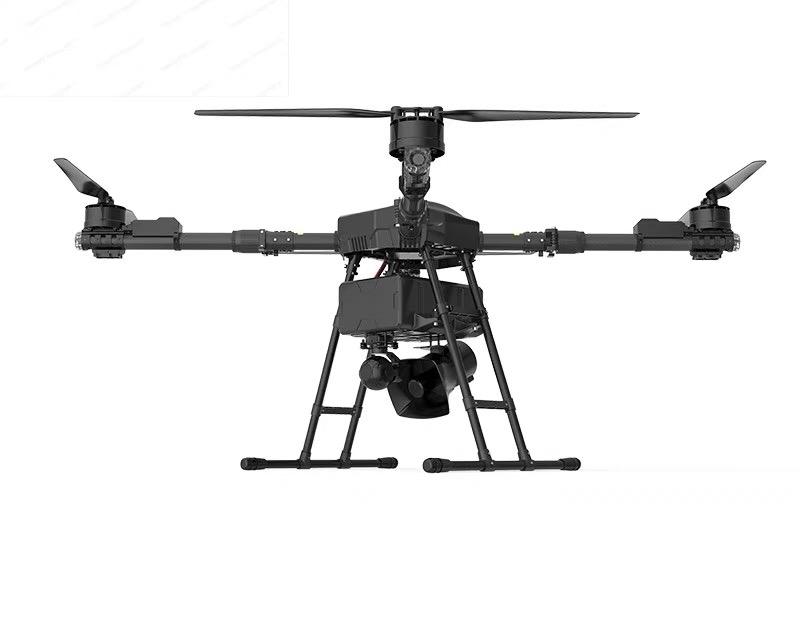In recent years, the advent of drones has revolutionized numerous sectors, introducing cutting-edge technology and redefining what is possible in modern innovation. A drone, an unmanned aerial vehicle (UAV), has far-reaching applications that go beyond traditional boundaries. From military applications to commercial and recreational uses, drones are becoming indispensable tools in various realms.
The Evolution of Drones
The drone industry has evolved significantly since its inception. Initially used for reconnaissance in military operations, drones have made their way into civilian life, transforming industries such as agriculture, real estate, and even healthcare. This transformation is fueled by advancements in technology, including improvements in battery life, flight stability, and imagery capabilities.
Commercial Drone Applications
In business, drones offer remarkable efficiency and innovation. In agriculture, for instance, they can survey large areas of farmland to monitor crop health through multispectral imaging. This leads to optimized crop management and sustainable agricultural practices. Similarly, in real estate, drones provide unique aerial views that enhance property listings, allowing potential buyers to get a better understanding of the property’s surroundings.
Healthcare and Emergency Response
Drones are also making a significant impact in healthcare and emergency services. In remote areas where accessibility is challenging, drones deliver crucial medical supplies, ensuring that healthcare reaches those in need promptly. Moreover, in natural disasters, drones assist in search and rescue missions, providing real-time data and imagery that facilitate efficient resource allocation.
Challenges and Considerations
Despite the potential benefits, the expansion of drone technology comes with challenges. Regulatory considerations, privacy concerns, and security threats pose significant barriers. Governments worldwide are working on establishing regulations to govern drone usage, ensuring safety and privacy without stifling innovation. There is also ongoing research into counter-drone technologies to address these challenges.
Drones are set to revolutionize the logistics industry next, offering faster and more efficient delivery solutions.
Future of Drone Technology
The future of drones is bright, with the potential to integrate artificial intelligence and machine learning for enhanced autonomy. The development of swarm technologies may allow for coordinated drone operations, opening new possibilities in fields such as delivery services, environmental monitoring, and infrastructure inspection.
- Autonomous drones could perform routine inspections of infrastructure, such as bridges and power lines, reducing the need for human involvement in potentially hazardous situations.
- In environmental conservation, drones can monitor wildlife and deforestation areas, providing critical data to support preservation efforts.
FAQs About Drones
Q: Are drones environmentally friendly?
A: While drones are often powered by electricity, their environmental impact is generally lower than traditional methods for similar tasks, such as helicopters for aerial surveys.

Q: What are the privacy concerns associated with drones?
A: Drones can inadvertently capture images and data of individuals and private property, which has led to privacy concerns. Regulations are being developed to address and mitigate these issues.
Q: How is drone technology expected to evolve in the coming years?
A: As technology advances, drones are expected to become more autonomous, with enhanced AI capabilities, enabling more complex tasks and broader industrial applications.